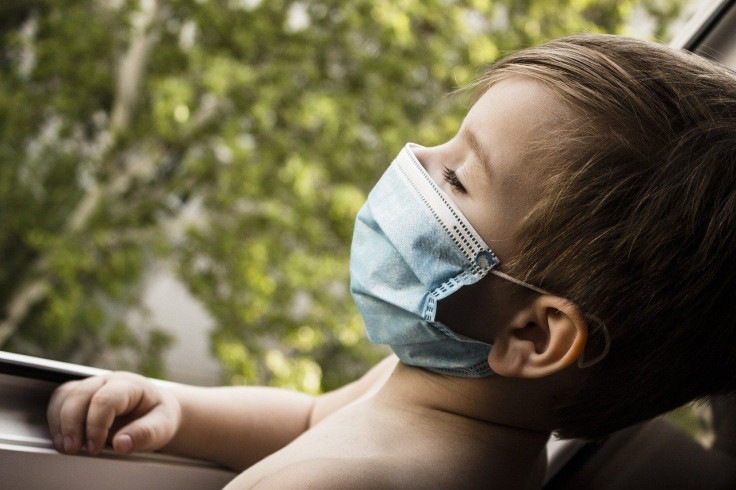Italian Researchers Find Evidence Pregnant Women With Coronavirus Can Infect Unborn Baby
KEY POINTS
- New Italian study presented evidence that pregnant women can transmit coronavirus to fetus
- Doctors found traces of the virus in umbilical cord blood and placenta
- Despite the evidence, doctors say fetal infection is relatively rare
An Italian study reinforces evidence that a pregnant woman with COVID-19 might transmit the infection to her fetus.
Italian researchers said Thursday that they found evidence fetal coronavirus infection may be likely after all. The researchers made this conclusion after studying 31 women with coronavirus infection who delivered babies between March and April.
Scientists involved in the study said they found traces of the virus in several umbilical cord blood and placenta samples. They also revealed finding signs of coronavirus in the mother's breast milk.

However, Dr. Claudio Fenizia, the study's leader and an immunology specialist at the University of Milan, said it is too early for expectant mothers to panic because their findings do not mean there is a deadly virus in those areas, adding that it is too early to draft guidelines on the issue.
The study's lead author further said the matter needs more research, particularly in the case of women who got the infection earlier in their pregnancies. Fenizia discussed their findings at a medical conference held online because of the threat posed by the pandemic.
Fetal Infection
During the early days of the pandemic, doctors have already been wondering if an in-the-womb infection could happen. Health experts suggest that other viruses like Zika and HIV can infect a fetus in this manner and it might be the same with the coronavirus. Initial reports from China seem to indicate that SARS-CoV-2 might also follow the path of other viruses in terms of fetal infection, although doctors think those mothers may have transmitted the virus to their babies at the moment of birth or after delivering them.
In the recently concluded study, the genetic material of the virus was found in an umbilical cord blood sample, as well as in two vaginal swabs and a breast milk sample. Researchers also discovered specific, anti-coronavirus antibodies in breast milk and in the umbilical cord blood.
Already Positive Upon Birth
Fenizia revealed that in one of the cases they studied, there is strong evidence that suggests the newborn was already positive because virus traces were found in the placenta and umbilical cord blood. In a separate case, a newly-delivered baby had antibodies to the coronavirus that did not taint the placenta, meaning it could not have come from the mother but was in fact the result of direct exposure of the newborn to the virus.
Despite the evidence they have, Fenizia said the likelihood of fetal infection appears relatively rare. Only two of the newborns are found positive for the coronavirus at birth and neither showed any symptoms of the infection.
© Copyright IBTimes 2024. All rights reserved.





















